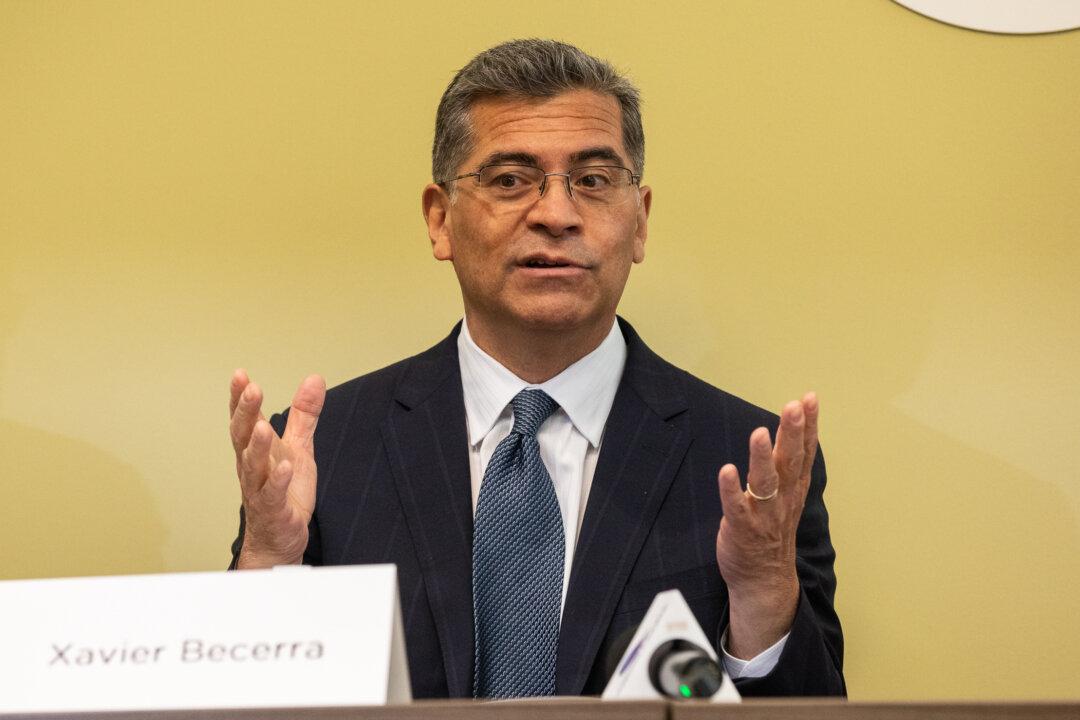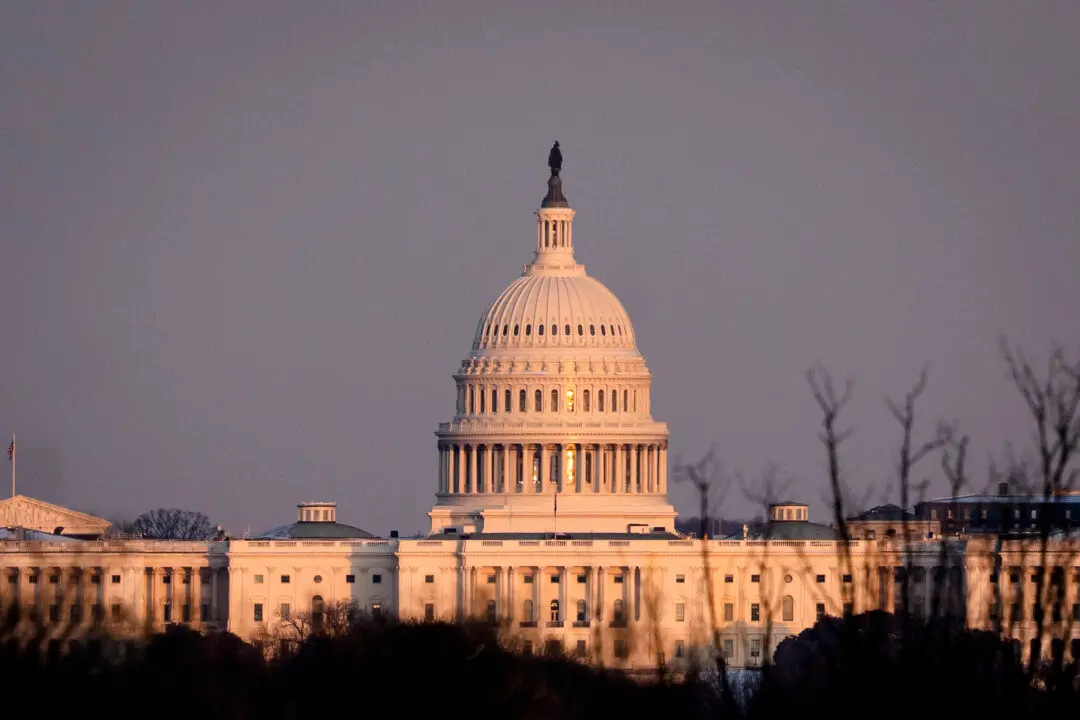Department of Health and Human Services (HHS) Secretary Xavier Becerra defended a policy requiring 2-year-olds to wear masks as a condition to participate in a low-income financial assistance program.
The Head Start program is an HHS initiative that manages a series of facilities across the United States providing education, nutrition, and parental engagement services for low-income families. During the COVID-19 pandemic, HHS imposed a rule requiring children participating in the program, who range from birth to five years old, to be vaccinated and wear a face mask.





